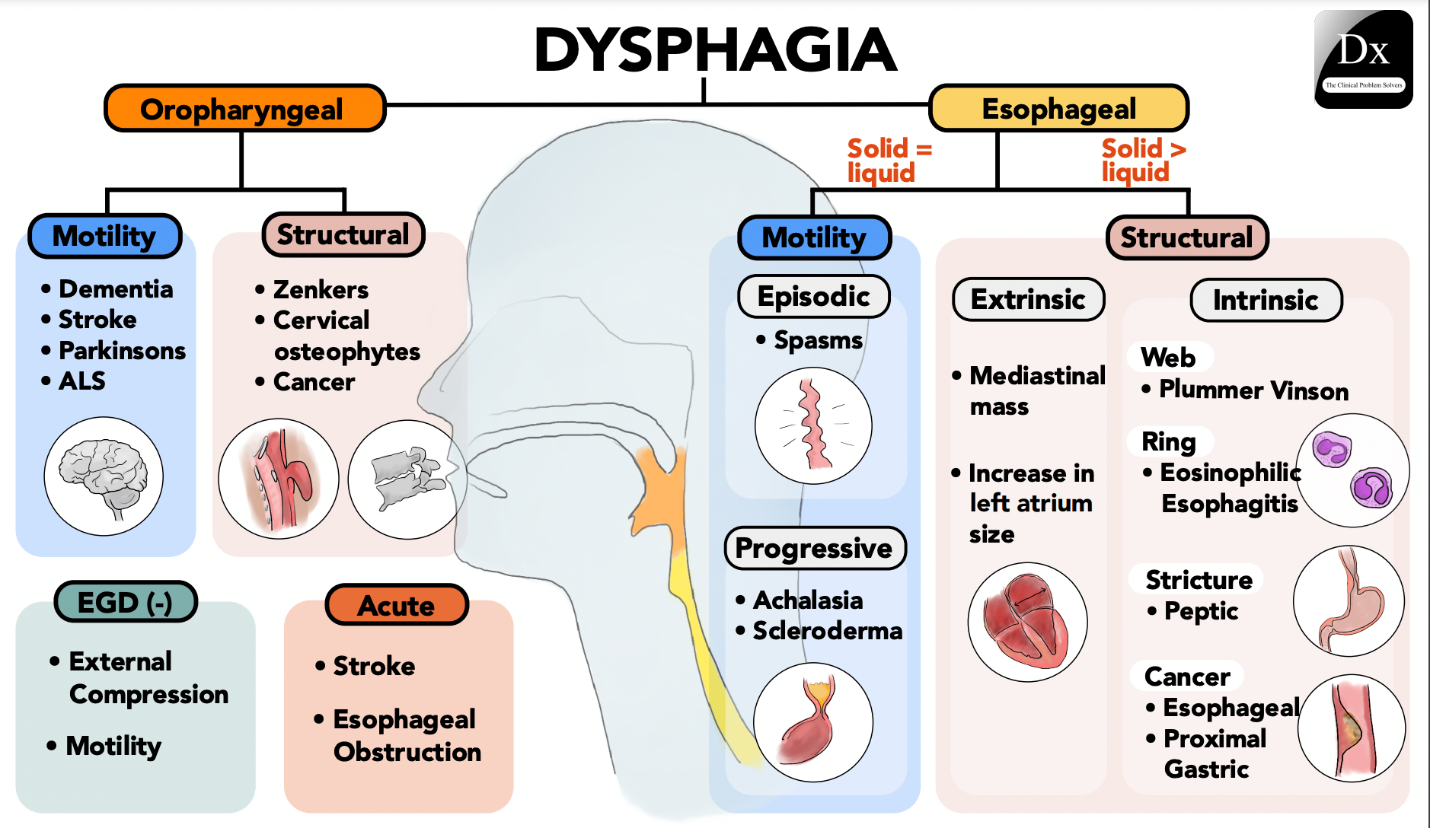A nurse is teaching a client who has active pulmonary tuberculosis about management of medication for the disease. Which of the following statements is appropriate for the nurse to make?
"You should anticipate taking medication to treat your disease for at least the next 3 years."
"You will need to undergo tuberculin skin tests every 6 months while taking medication for your disease."
"You will need to take two or more medications to treat your disease."
"You should report monthly to have your blood drawn to monitor kidney function while taking medication."
The Correct Answer is C
A. "You should anticipate taking medication to treat your disease for at least the next 3 years."
Incorrect Explanation: This statement is not accurate for the treatment duration of active pulmonary tuberculosis.
Explanation: The standard treatment duration for active pulmonary tuberculosis involves taking a combination of medications for a period of 6 to 9 months, depending on the specific treatment regimen. Three years is not a typical timeframe for the treatment of active TB.
B. "You will need to undergo tuberculin skin tests every 6 months while taking medication for your disease."
Incorrect Explanation: Tuberculin skin tests are not typically performed as a routine part of TB medication management.
Explanation: Tuberculin skin tests (also known as Mantoux tests) are used to diagnose latent tuberculosis infection, not as a means to monitor medication management of active pulmonary tuberculosis.
C. "You will need to take two or more medications to treat your disease."
Correct Answer: This statement is appropriate and accurate for the treatment of active pulmonary tuberculosis.
Explanation: The treatment of active pulmonary tuberculosis usually involves a combination of antibiotics (usually four medications) to ensure effective treatment and to prevent the development of drug-resistant strains.
D. "You should report monthly to have your blood drawn to monitor kidney function while taking medication."
Incorrect Explanation: Monthly blood draws for kidney function monitoring are not standard practice for tuberculosis medication management.
Explanation: While kidney function monitoring might be necessary for certain medications, it is not a standard requirement for all tuberculosis medications. Monitoring kidney function is important, but the frequency and need for blood draws may vary based on individual patient factors and the specific medications prescribed.
Nursing Test Bank
Naxlex Comprehensive Predictor Exams
Related Questions
Correct Answer is D
Explanation
A. Place the medications on the back of the client's tongue:
Incorrect Explanation: Placing medications on the back of the tongue can increase the risk of choking and aspiration, especially in individuals with dysphagia.
Explanation: Individuals with dysphagia have difficulty swallowing and are at an increased risk of choking or aspirating (inhaling) substances into the lungs. Placing medications on the back of the tongue can be unsafe and is not recommended.
B. Tilt the client's head back when administering the medications:
Incorrect Explanation: Tipping the head back can worsen swallowing difficulties and increase the risk of choking or aspiration.
Explanation: Tipping the head back can compromise the natural swallowing mechanism and increase the risk of aspiration. It's important to keep the client's head in an upright position to aid safe swallowing.
C. Administer more than one pill to the client at a time:
Incorrect Explanation: Administering multiple pills at once can increase the risk of choking and aspiration, especially in individuals with dysphagia.
Explanation: Administering multiple pills at once can overwhelm the client's ability to swallow safely. This action can increase the risk of choking and aspiration, which is especially dangerous for individuals with dysphagia.
D. Mix the medications with a semisolid food for the client:
Correct Answer: This action is appropriate and safer for administering medications to an older adult client with dysphagia.
Explanation: Mixing medications with semisolid food, such as applesauce or yogurt, can help the client swallow more easily and reduce the risk of choking or aspiration. It's important to check with the healthcare provider or pharmacist to ensure that the medications can be mixed with food and that there are no interactions.

Correct Answer is A
Explanation
A. Pruritus, which is itching, is a common adverse effect associated with the use of opioids, including morphine. Itching can occur when opioids are administered through various routes, including epidural infusion. The exact mechanism for opioid-induced itching is not fully understood, but it is thought to be related to the release of histamines or other chemical mediators.
B. Gastric bleeding is not a common adverse effect of epidurally administered opioids like morphine. Gastric bleeding is more associated with non-steroidal anti-inflammatory drugs (NSAIDs) and certain other medications.
C & D. Tachypnea (rapid breathing) and cough are not typical adverse effects of epidurally administered opioids. However, opioids can cause respiratory depression (slow and shallow breathing), so monitoring respiratory status is important when using these medications.

Whether you are a student looking to ace your exams or a practicing nurse seeking to enhance your expertise , our nursing education contents will empower you with the confidence and competence to make a difference in the lives of patients and become a respected leader in the healthcare field.
Visit Naxlex, invest in your future and unlock endless possibilities with our unparalleled nursing education contents today
Report Wrong Answer on the Current Question
Do you disagree with the answer? If yes, what is your expected answer? Explain.
Kindly be descriptive with the issue you are facing.
